ASER 2023: Beyond Basics
The Annual Status of Education Report 2023 is out, and it is time for the education practitioners to take stock. This time around ASER has worked with adolescents aged 14-18 years and has shifted the focus to “Beyond Basic”. Besides measuring foundational literacy and numeracy, the report has also measured the functional ability to critically apply the concepts and knowledge to everyday activities.
The concerning highlights of the report are twofold. One, the adolescents lack foundational literacy and numeracy. Nearly 25% of the participants aged 14-18-year-olds can not read a standard II level text in their regional language, while only 43.3% were able to do the Std III/IV level division problem. Second, even among those who can read and perform basic math, many lack the ability to apply these skills to real-world situations, like interpreting written instructions or performing financial calculations. The report points to the fact that foundational literacy is required not just for academic development but also to navigate everyday life. This brings us to the question: What is the purpose of education?
Purpose of Education
The essence of education lies in its relevance to the world we inhabit. Its purpose should be to equip individuals with the skills necessary to navigate the complexities of their reality. India borrowed its education system from its colonial past when the purpose of education was to fill administrative posts, ensure compliance and restrict independent thought.
Despite the significant shift in time and circumstances, we largely continue adhering to a conventional, curriculum-heavy, teacher-centred pedagogy. This approach positions students as passive recipients memorizing textbooks rather than fostering their role as active participants in the learning process.
The 21st century is a dynamic knowledge-based economy and to navigate it successfully, one must possess life skills. However, our education system lacks the avenues to prepare students for higher-order skills such as creativity, critical thinking, problem-solving, teamwork, and communication. As per Benjamin Bloom’s Taxonomy of Learning, Remembering is at the lowest level of cognition. The other five levels, in increasing order of hierarchy are, Understand, Apply, Analyze, Evaluate, and Create. India’s learning assessments are largely at the lower cognitive levels of remembering and understanding, with very little emphasis on application, analysis, and creation.
Need for an Empowering Education
If we are to prepare successfully for the 21st century, we need a broad, flexible and motivating education that recognises the varied talents of children and delivers excellence for everyone, education that develops young people’s capacities for original ideas and actions.
Across the globe educational pedagogies have undergone much experimentation challenging the traditional approaches and the focus has gradually shifted towards a more student-centric model of learning.
Among these, the Montessori model and Waldorf schools have developed global recognition. Dr. Maria Montessori’s philosophy emphasizes hands-on experiences for a better understanding of language, mathematics, and science. In Montessori classrooms, children are empowered to make creative choices and engage in age-appropriate activities fostering a holistic approach to learning.
On the other hand, Steiner Waldorf schools focuses on “learning through doing.” They incorporate stories, songs, quality materials, to stimulate physical growth, language development, and curiosity, thus laying a sound foundation for the later development of imagination and thinking.
A shared element among these models is the acknowledgement and structuring of learning as a dynamic process customized to the distinct needs and interests of individual students. This approach transforms education into a means of empowerment rather than a mere metric for assessing, grading, and sorting.
There is enough evidence globally to show that methodologies that enhance creative abilities equally enhance literacy and numeracy as well as self-confidence and self-esteem which in turn improves the overall performance. Once the children develop the tools to think and correlate, they can then excel in any other subject be it science or mathematics.
The Challenges of Adopting Global Models
In India, while various innovative educational methods have made inroads, their reach remains largely among the elite private schools, leaving the masses largely untouched by such pedagogies. Successful implementation of individualized approaches hinges on robust infrastructural and logistical support, availability of the required ratio of well-trained teachers and conducive classroom environments.
The abovementioned problems of students lacking in FLN and their inability to critically apply their learnings are stemming from a structural issue in the way education is imparted and consumed.
Moreover, due to the no-detention policy, classrooms in India incorporate students with a varied range of learning levels in the same grade. Catering to a classroom with such varied needs is humanly impossible and it calls for an age-agnostic curriculum tailored for building FLN competencies.
India’s Tryst with Alternative Pedagogies
Various policy frameworks like the Right To Education Act 2009 and the National Curriculum Framework 2005, have made strides to incorporate play-based, learner-centric approaches. The National Education Policy (NEP 2020) has taken a step further to emphasize the significance of addressing the cognitive and socio-emotional learning needs of individuals. Research underscores when children acquire robust social-emotional skills, they navigate the world with greater confidence.
Despite policy documents advocating for pedagogical transformation, the larger approach on the ground has remained the same. UNESCO State of Education Report 2021 points out that a staggering 41% of instructional time in a classroom is teacher-centric, both in government and private schools. Furthermore, 60 per cent time is used for blackboard writing, reading from textbooks, making students copy, and repeating what the teacher says.
This shows that formulating policy documents itself will not lead to a mindset shift in the ground implementation and a lot more handholding and collaboration is required to inculcate the change initiatives.
There is a need for organizations operating in the education sector to go beyond material support. It necessitates a concerted effort to conduct in-depth research, assist teachers in understanding learning outcome data, train teachers on alternative pedagogies, provide guiding material to incorporate play based learning, establish platforms for educators to exchange notes and knowledge, and offer on-site logistical and infrastructural support for the effective implementation of customized approaches. Such comprehensive initiatives are pivotal in catalyzing a transformative shift in the broader landscape of Indian education.
Let’s Join Hands

Today in India more children have more years of schooling than ever before, the focus therefore should shift towards making those years of schooling meaningful. Children have capabilities beyond the traditional academic and through education we must aspire to develop a love for lifelong learning in students so that they are ready to adapt to the ever-changing world.
We need to invest in designing innovative pedagogies, conduct extensive research to substantiate the impact of these approaches and develop non-traditional assessment approaches as well.
Let’s collectively explore creative ways to assess not just remembering but also understanding and application of knowledge. Let’s also measure critical thinking, problem-solving, and adaptability, aligning with new-age learner-centric pedagogies. This collaborative effort can pave the way for a more dynamic and effective educational landscape in India, one that will empower the students.
Article by:
Tuba Afreen
Program Manager
IndiVillage Foundation




